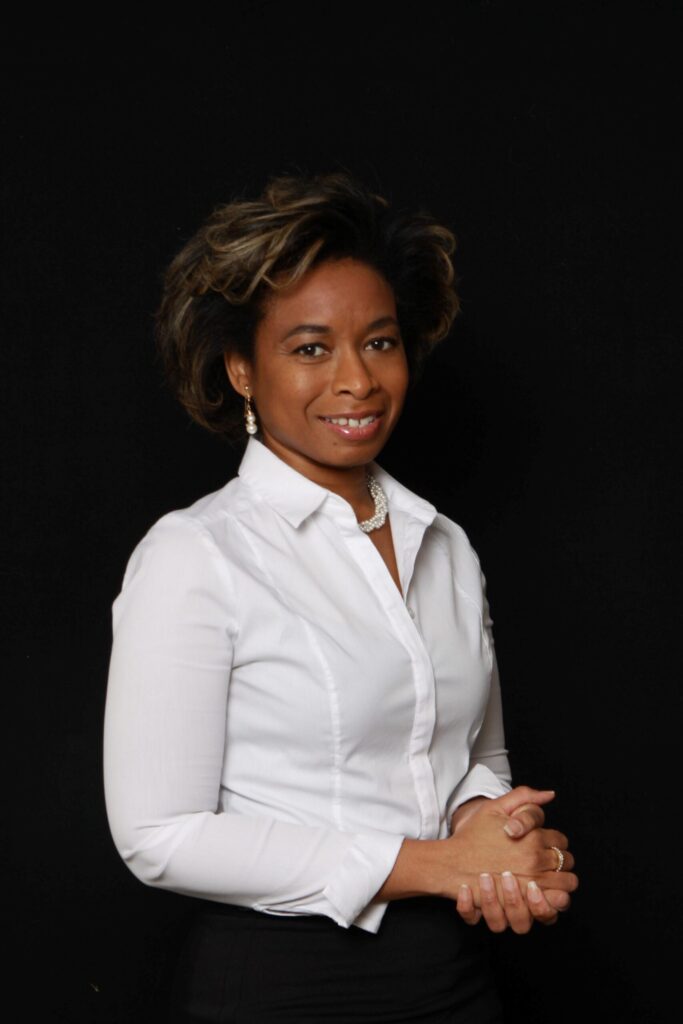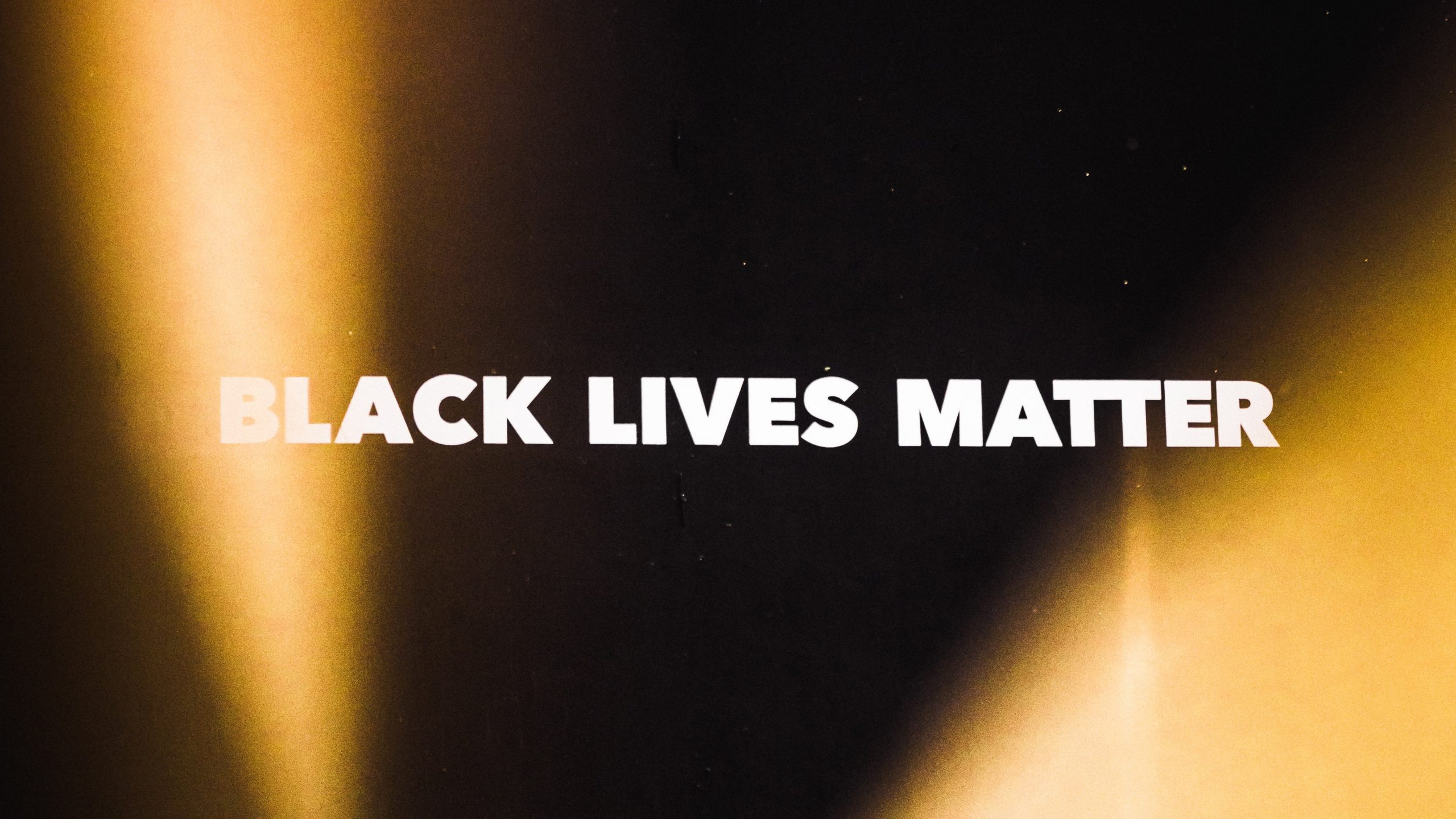
Theology students have the opportunity to enrol in an exciting new Faculty class: Black Lives Matter in the Classroom. The course, originally scheduled for last winter, was moved to the intersession, making it more accessible for our Master of Religious Education students, although this will be an offer of interest to students in various degrees across the Toronto School of Theology.
Black Lives Matter in the Classroom is a Basic Degree-level course to be taught by Dr. Marie Green. It will address how educators can become better aware of—and better able to respond to—systemic injustices facing Black students at school.
Many who see the course title Black Lives Matter in the Classroom may think of it as a unit coming out of OISE, but Dr. Green sees a strong theological underpinning to her course, and an equally strong justification for teaching it at a faculty of theology.
“In the eyes of God Black lives matter. We are all created in the image and likeness of God. The Black Lives Matter movement is, at its core, a human rights movement so it is absolutely possible—and necessary—to view this course through a theological lens.
“In this course we will challenge beliefs, assumptions, approaches, and biases,” says Dr. Green, who was awarded the Faculty’s 2020 Governor General’s Award. “Everyone has biases, and students will reflect on their impact on the classroom, and hopefully become motivated to be agents of change.”
Along with the usual readings and lectures, Green says classes will also feature guest speakers who can offer up tangible examples of equity and inclusive education. She says these examples will be particularly beneficial to those who do not have a lived experience of racism, or an understanding of the intergenerational harm of the legacy of slavery and other racist historical realities.
“We know that there’s a legacy of racism in Canada, and to deny that is to ignore the impact of residential schools, segregated schools, and more recently, streaming practices in public schools.”
The legacy, Green points out, manifests itself in many ways. Black students continue to be underrepresented in post-secondary institutions, for example, while also experiencing a significantly higher rate of suspensions in high school. At the same time, many Black high school students find themselves discouraged by teachers and administrators from pursuing more academic streams, limiting their future opportunities.
“We have seen violence against Black bodies so overtly displayed on our streets in recent times,” Green says, “but there is a different kind of violence taking place in our schools and classrooms. It is the violence of low expectations, lack of validation, and lack of cultural affirmation. This course will equip educators and other practitioners with resources to help them apply the critical theory perspective needed to support Black student success.”
With a topic so clearly in the public eye following a year of protests, Dr. Green expects difficult but constructive conversations where everyone has something to contribute and something to learn. “One of the benefits of teaching online,” she says, “is the ability to use Zoom breakout rooms, allowing students to have meaningful and engaging discussions, with the instructor able to visit all groups.
“I want to share tangible tools that all participants can use to address topics of equity and justice,” she says, “which is absolutely critical for student success.”
SMP3416: Black Lives Matter in the Classroom will run Tuesdays and Thursdays from 18:00–21:00, beginning July 13 and ending August 5.

